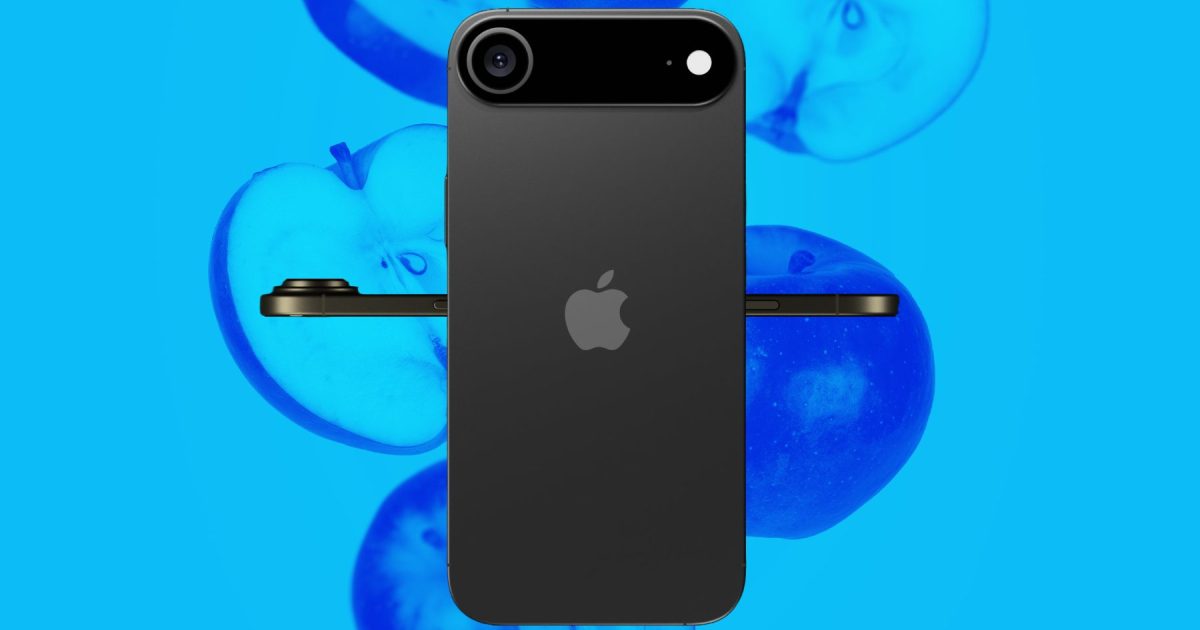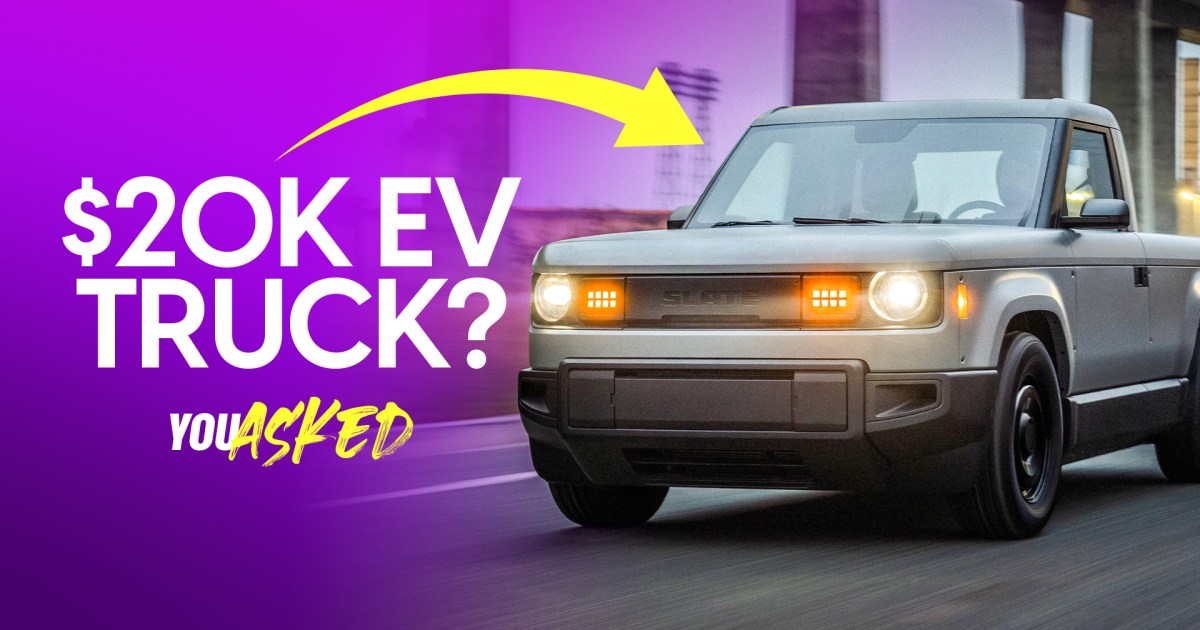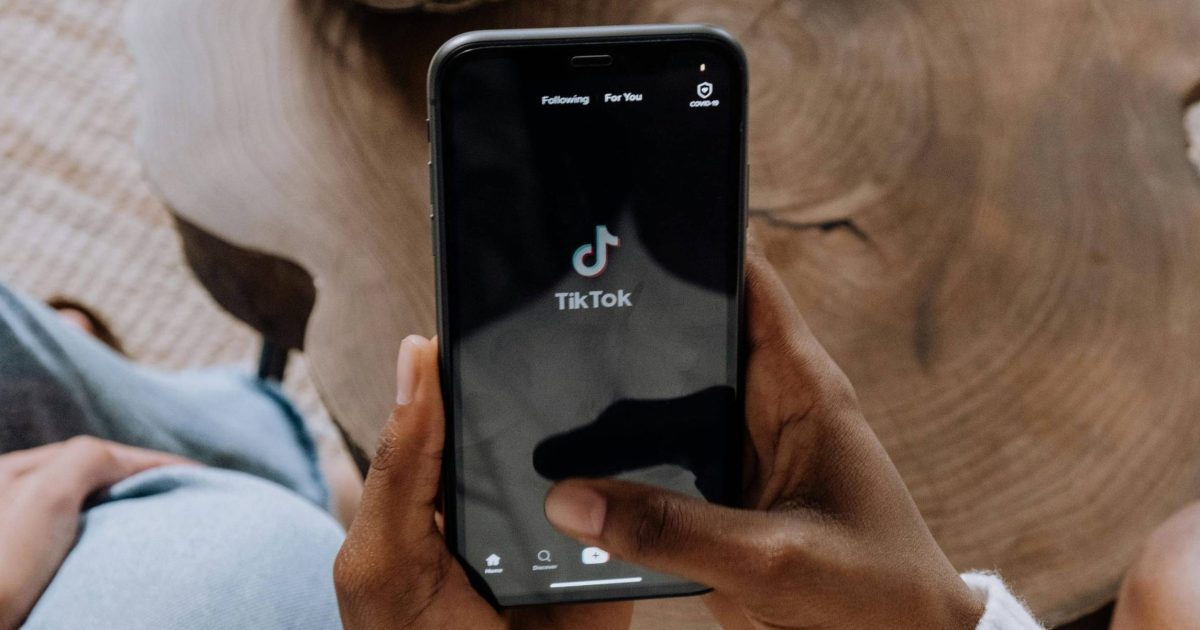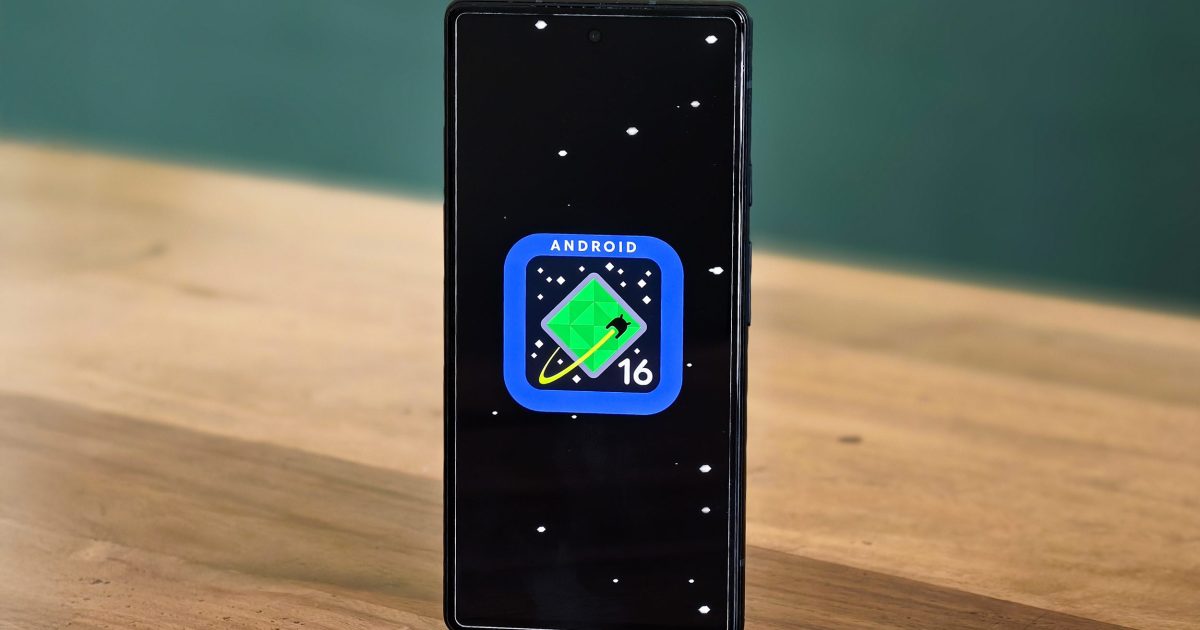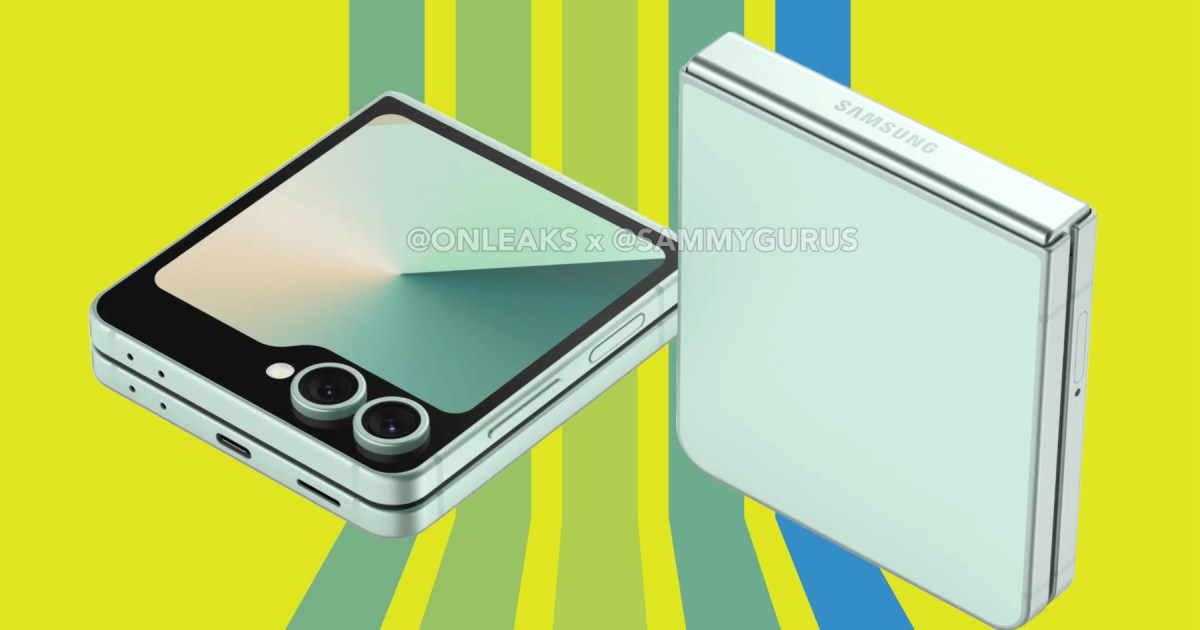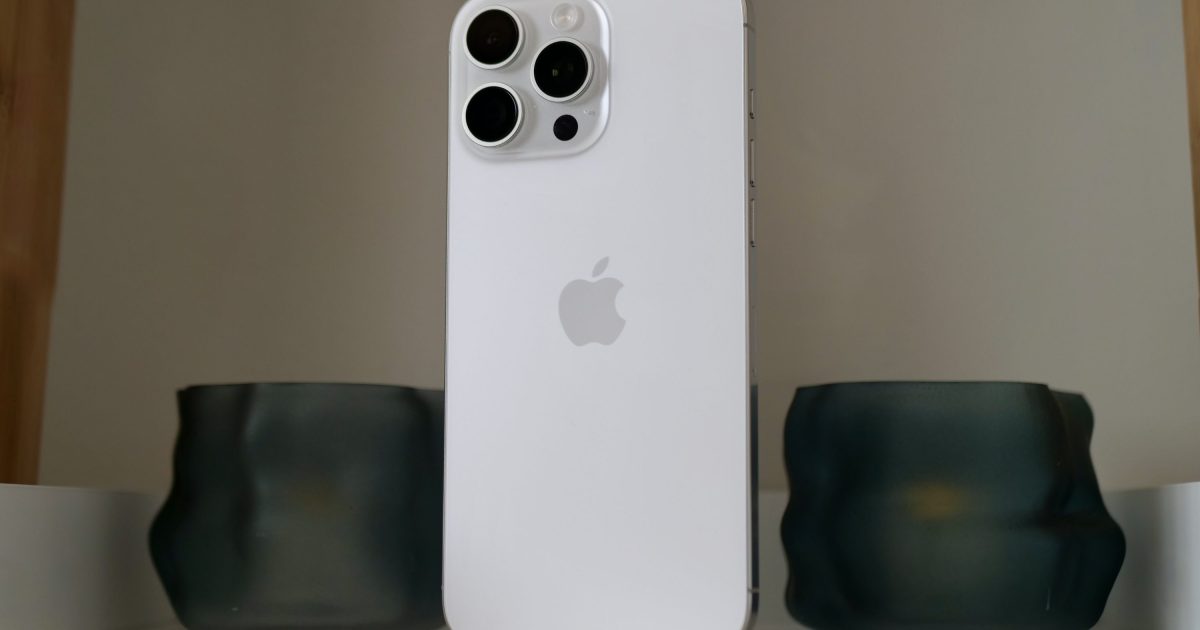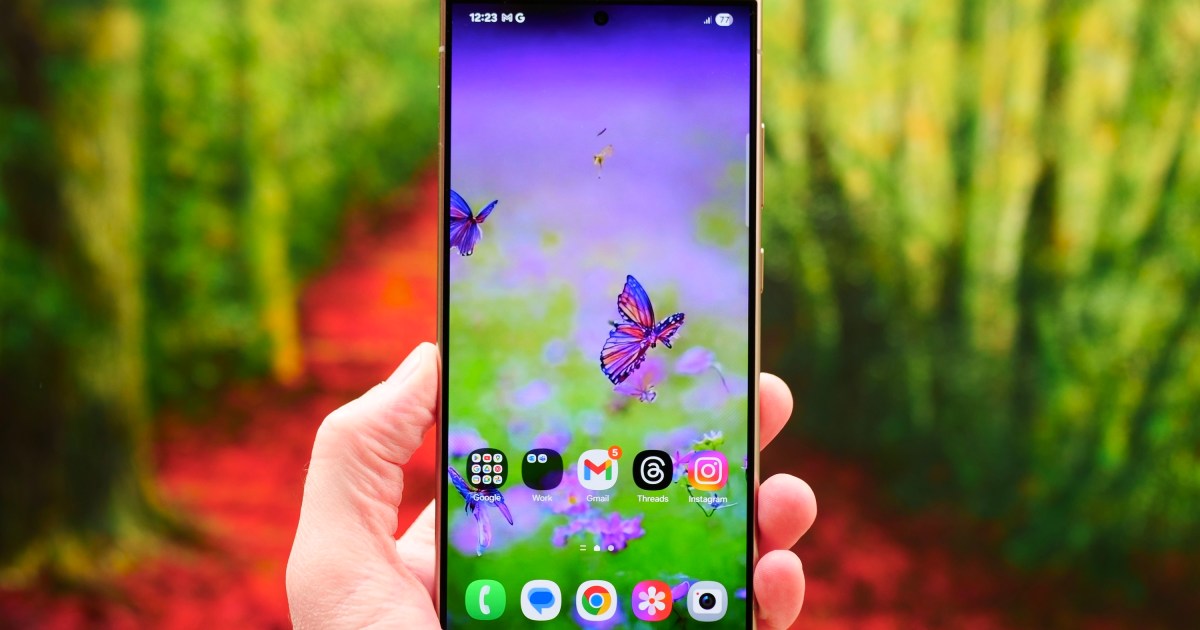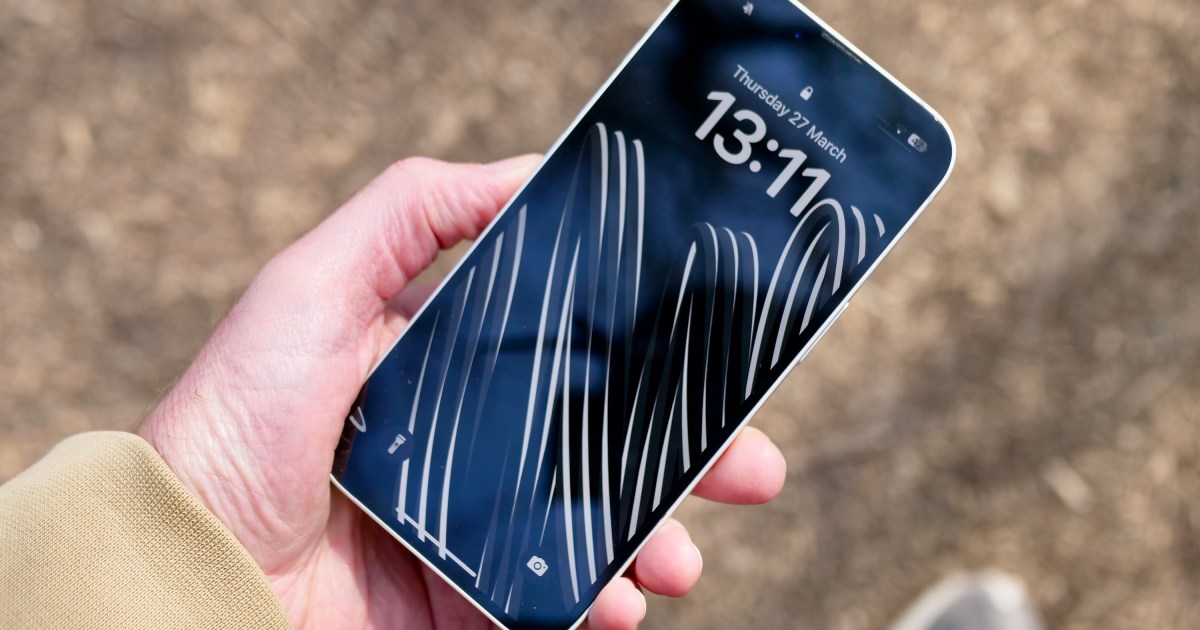The upcoming iPhone 17 Air, rumored to be the thinnest iPhone ever, might face battery life challenges. Internal tests by Apple, reported by The Information, suggest only 60-70% of iPhone 17 Air devices will last a full day on a single charge, compared to 80-90% for other iPhone models. This discrepancy likely stems from the phone’s slim 5.5mm design, which potentially limits battery capacity.
Apple is reportedly exploring solutions to address this concern. One potential remedy is an optional battery case accessory, providing users with extra power throughout the day. This accessory could prove essential for users who heavily rely on their devices.
Earlier speculation suggested Apple might transition from lithium-ion to silicon-carbide batteries. These batteries offer higher energy density, enabling greater capacity within a smaller form factor. However, if The Information’s report is accurate, Apple may not be incorporating this technology in the iPhone 17 Air.
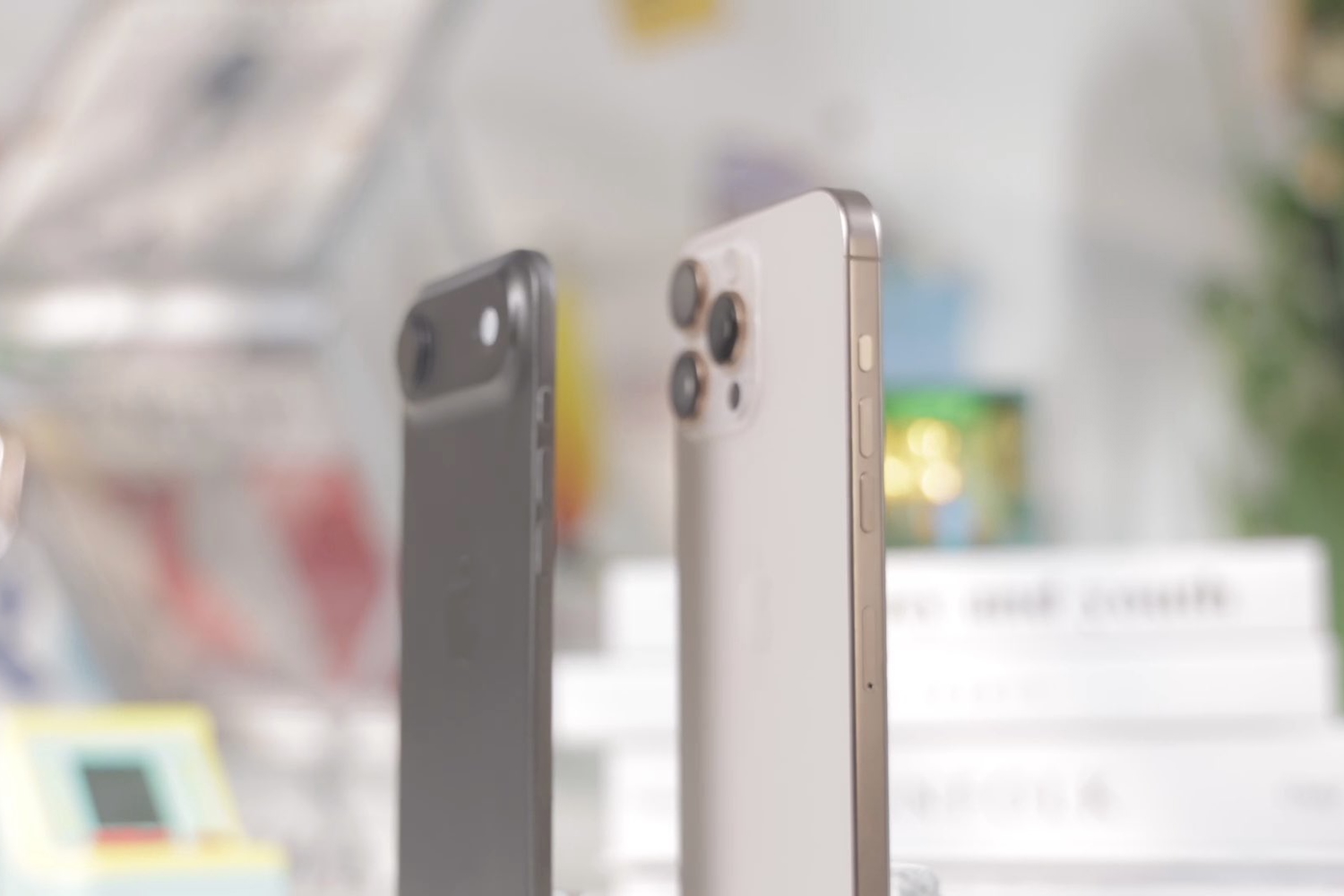 A mockup of the Apple iPhone 17 Air next to the iPhone 16 Pro Max.
A mockup of the Apple iPhone 17 Air next to the iPhone 16 Pro Max.
Consumer reaction to the iPhone 17 Air’s design and potential battery limitations remains uncertain. Apple is reportedly allocating only 10% of its manufacturing capacity to the iPhone 17 Air, indicating a cautious approach. This allocation could be adjusted based on post-launch demand. For now, it appears the iPhone 17 Air may target a niche market.
The iPhone 17 Air is expected to launch alongside the rest of the iPhone 17 lineup in September, with a potential starting price of $799. It is rumored to feature a single rear camera and 12GB of RAM, a significant upgrade from the 8GB in the current iPhone 16. This increased RAM could enhance performance, but its impact on battery life remains to be seen.
In conclusion, the iPhone 17 Air’s ultra-thin design may come at the expense of battery life. While Apple’s proposed battery case accessory could offer a solution, the ultimate success of this model will likely depend on consumer acceptance of its trade-offs.



